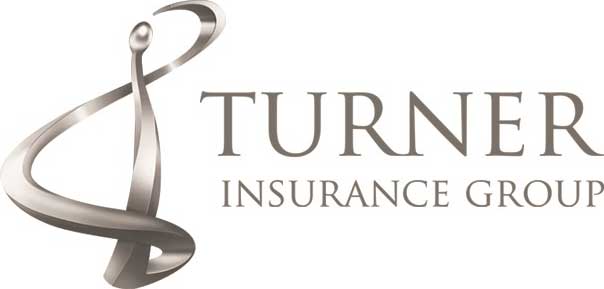Employers’ liability is legally required due to the security it provides for both organisations and their workers. Here we look at understanding why it is a legally required insurance, and examples of how it has helped in the past.
Understanding the Need for Employers’ Liability Insurance
There are many different types of insurance that employers should consider having, but employers’ liability insurance goes one step further. That is because, in the UK, almost all employers are legally required to carry an employers’ liability policy.
Legal Obligation
All organisations that employ more than one person are required to carry at least £5 million worth of employers’ liability cover. Larger organisations may require a greater amount depending on the size of their workforce and what their operations consist of. Employers can be fined up to £2,500 for every day that they are not properly insured. Additionally, even employers that do have adequate cover may be fined £1,000 if they do not display their employers’ liability certificate or refuse to present it to inspectors upon request.
Employers’ liability carries stiff penalties and insurance is legally required because of the importance of the security that it provides for both organisations and their workers. This type of cover may not only render necessary financial aid for employers in the event of an employers’ liability claim, but it also creates peace of mind for employees as they go about their duties. Both parties can take comfort in the knowledge that there is a contingency in place in the event of an incident occurring.
Exceptions
It is worth noting that there may be some exceptions to the UK’s law requiring which organisations are required to have employers’ liability cover. Some employers that are not legally required to do so might include:
- Most public organisations
- Some publicly funded organisations
- Health service bodies
- Family businesses that employ only close family members
- Organisations operated by a single employee
These exceptions may be nuanced, so it is important for employers to review their policies or contact a broker to analyse their specific situation.
Claim Example
One reason that employers’ liability cover is so important for all employers is that claims do not necessarily have to stem from catastrophic events or uncommon circumstances. Accidents resulting from seemingly simple scenarios can still lead to costly consequences.
For example, a situation as normal as an employee carrying a cup of coffee back to their desk can result in a costly claim. If an uncleaned spill or a raised piece of carpet causes the employee to slip or trip, they may not only suffer injuries from the fall, but also potential burns due to their hot beverage spilling. The employer may then be held liable for not only the resulting medical costs, but also expenses related to the employee travelling to and from hospital for check-ups. A court may even order the employer to pay the employee’s legal fees.
Planning Ahead
When acquiring an employers’ liability insurance policy, it is important for organisations to be realistic about the types of risks that their employees face and what the consequences could be. Employers must be honest with brokers in order to make sure that their policies are properly tailored to fit their needs.
https://www.turnerinsurance.co.uk/commercial/liability/



